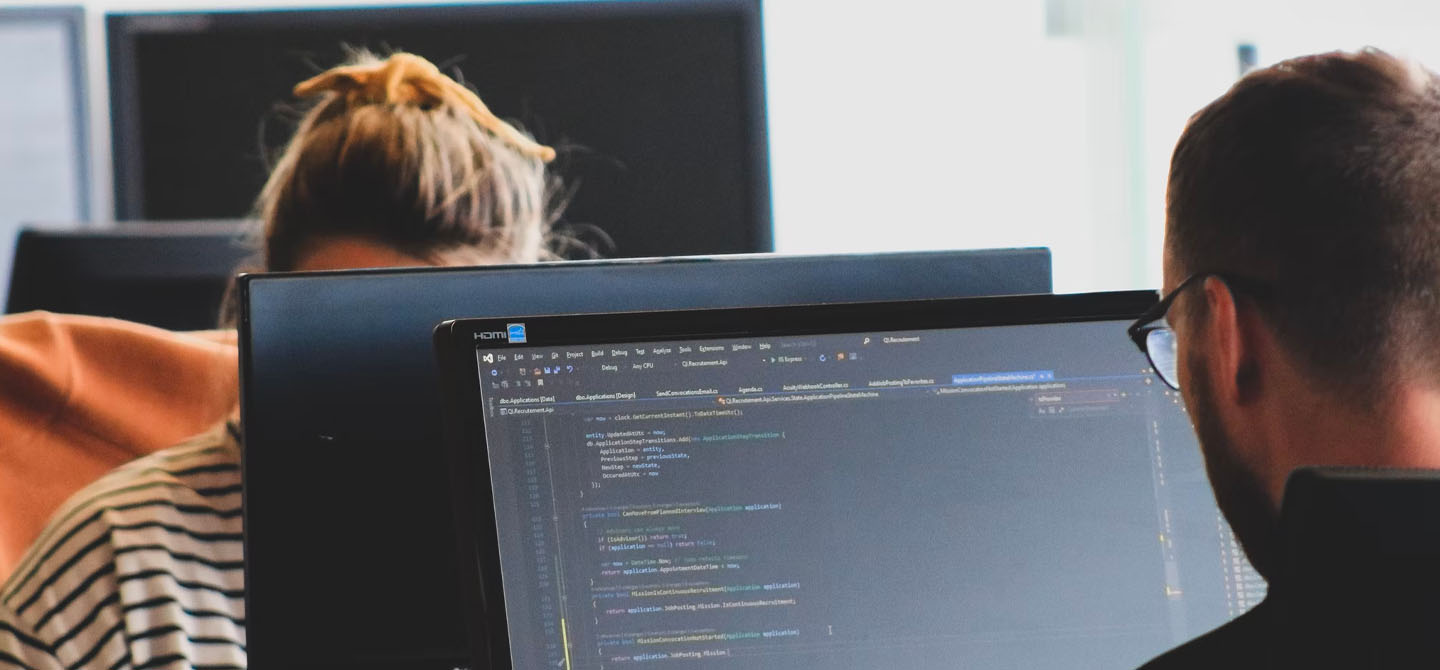Every startup begins from an original idea that begs to be developed and turned into reality. There are many ways you can legally protect your startup and its Intellectual Property, which has been explored in other posts.
However, before you begin the commercialisation and actual building of a startup and all you have is an original idea, what protection is available? Legal ownership of original ideas is a grey area of law.
In short, original ideas are not directly protected by law as IP rights are not concerned with the original idea but rather the expression of an original idea.
Patenting Ideas
The patent process would be one avenue for staking your claim to an idea. The patent process allows for the registration of a device, substance, method or process. In this context, what’s patented is the expression of the idea expressed in diagrams, explanatory notes etc. For example, if you have an original idea for a mobile app. A patent will protect the way the developed software makes the app work/ function, given that the software falls within the definition of what can be patented.
Similar to patent rights, IP law offers design protection. As indicated by its title, it will only protect your idea if it relates to a “new” and “distinctive” design. Design protection focuses on the aesthetic features of the product rather than the functional aspects. Even if your original idea is related to a design, as already emphasised, it is not the idea being protected but its manifestation or more specifically its aesthetic design.
Copyright
Often it is thought that you can copyright an original idea. Although, copyright aims to protect things such as drawings, art literature, music, film, broadcast and computer programs. Thus, copyright laws do not protect your original idea. Rather, it protects the expression of your unique idea as it is created and documented.
The scope of copyright is much narrower than patent and trademark protection as copyright lives in the actual sample of the work or, in this context, in the sample of the idea.
Going back to the hypothetical of having an original app idea. In this scenario, copyright will protect the specific code of the apps software rather than the concept of the app.
Trademarking
As above, trademarking will not protect the idea either. Trademarks are considered to be things that identify the particular goods or services of a trader as distinct from those of other traders, eg logos, words, letters, numbers, a phrase, sound, scent, packaging etc. You can trademark the name or branding of the company you intend to develop but not the actual original idea.
Therefore, with the original idea for an app, trademarking will protect the name and logo of the app. Even potentially the slogan used to market the app but not the fundamental concept of the app.
NDA (or Confidentiality Agreement)
If your idea is just a pure concept, and unable yet to be caught by a patent, registered design, copyright, or trademark, then you can keep it confidential until it is protected by one of the above avenues. When explaining your original app idea to potential investors, or discussing with a possible business partner then using a Non Disclosure Agreement (otherwise known as a confidentiality agreement) can be effective in preventing them from disclosing your idea without your permission.
Lastly
A registered trademark will protect the name, logo, original sounds and scents of an idea. Patents will protect the inventions of an idea. Design registration will protect the aesthetic design of an idea. Copyright will protect the expression of an idea as it is created. Until your idea is able to be manifested through a logo / name / brand, copywritable item or patentable design, use an NDA when communicating it to anyone who may run with it.
If you would like to speak with our intellectual property lawyers, just contact us via 1300 337 997 or by filling out the contact form.


